This September, however, is the first in twelve years that I won't be standing in front of my new classes, trying to learn names and mentally tweak my seating plan. I won't be establishing my new homework routines, working out who needs extra support and who requires constant challenge. I won't be painstakingly transferring data into my markbook and I won't be getting to know any of the names, faces and personalities that the data belongs to.
(Not Going) Back to School21/8/2020 This time of year I usually return to my blog, feel guilty about having done nothing with it for yet another academic year, write a post about how things will be different, then promptly neglect it again for another twelve months. I blame motherhood entirely for this; I have spent a large proportion of the last five years either pregnant, on maternity leave, or trying to establish a new work/life balance, one that didn't allow me to stay up late on school nights blogging.
This September, however, is the first in twelve years that I won't be standing in front of my new classes, trying to learn names and mentally tweak my seating plan. I won't be establishing my new homework routines, working out who needs extra support and who requires constant challenge. I won't be painstakingly transferring data into my markbook and I won't be getting to know any of the names, faces and personalities that the data belongs to. Working forwards...
These puzzles are useful as a starter or quick introductory activity for expanding standard quadratic expressions. Effective Examples in the Digital Age28/8/2018 Picking apart and reworking my lessons from last year, I noticed that I almost exclusively model worked examples by handwriting "live" rather than pre-typing. I don't recall making a conscious decision to do this, but following a discussion with my husband this weekend about print vs digital media, I thought I'd think more critically whether either style has any considerable advantage.
There are some interesting studies about reading information via print or digital media; this paper from the Research in Learning Technology journal looks specifically at educational materials and this article from Phys.org summarises some of the preferences people have for different media - generally, we prefer printed media for longer, more involved reads and digital media for shorter reads. I also found this study examining handwriting vs typing inputs for students when solving equations; the authors conclude that the only real difference in this scenario is the speed at which students completed the task, with typesetting algebra taking twice as long as handwriting solutions. However, I've not been able to find anything on the modelling of worked examples in Maths, so this blog post is written with the caveat that this is all personal theorising and is not research-based. Stop, Start, Continue, Change 201821/8/2018 In two weeks I'm returning to work after pretty much a year off on maternity leave. I had such plans - I was finally going to sort out my website, blog more, organise the stupid pile of resources on my memory stick, finish my #mathsconf blogs from 2017 (16, 15, ...) - the list goes on. These plans were made in the naivety of late pregnancy, when I'd decided that I had loads of time off and a sleeping baby would be dead easy to work around. Unfortunately, they aren't, and I'd also seriously underestimated my need for a little bit of self-care time - the last thing I wanted to do once I'd got my daughter down for a nap was turn my computer on and start working - so none of my plans actually came to fruition. However, I did manage to finish the book I'd been working on for the Tarquin A Level course and resources (shameless plug but I'm so proud that I finally achieved what I thought was a complete pipe dream of becoming an author - although I have to confess in my head I was the next JK Rowling, not writing maths revision guides). I also wrote a guest post for TeachWire in 45 minute spurts during naps, so I'm not entirely convinced it's any good. Over the last couple of weeks I've made some attempt at deleting some old rubbish resources and trying to plan my first few lessons, but I'm aware that returning to work with a 9-month old (albeit part-time) will involve some serious expectation management on my part. Fortunately, over the last nine months I've become much more accustomed to "that'll do", and my plans for this academic year involve a significant amount of "work smarter, not harder". When I sat down to write this post, I discovered a prompt saved in my drafts from two years ago titled "Stop, Start, Continue, Change", with nothing other than headers. Presumably that was a thing that was going round the blogosphere at the time, so I decided better late than never - so here's my Stop Start Continue Change for academic year 2018-19. START to use homework tasks more effectivelyHomework generates a significant amount of my marking load, and I'm not sure it's always entirely effective. My homeworks are generally a set of problems similar to those worked on in class, giving pupils an opportunity for further practise and for me to identify individual misconceptions when marking their work. The trouble with this is that by the time the homework comes back in, is marked and returned with feedback, a week has passed (due to peculiarities in our timetable, we only see classes once a week) and the feedback becomes less effective as the immediacy is lost. A few years ago I experimented with flipped learning with one GCSE group, to great effect. I'm keen to look at this again this year, perhaps using our MathsWatch subscription to create tasks to revise prior knowledge before beginning a new unit. I also want to look at more effective strategies for revision homework, short of "there's a test next week, revise" - as we're all aware, that's a week off for some pupils! STOP reformatting resources constantlyI admit it, I love a well-formatted resource. Unfortunately, this can occasionally border on obsession, with a tendency for reformatting other people's resources to fit my "style", and also reformatting all of mine every three or four years when I change whatever style I've picked, not to mention dealing with the whole Promethean/Smartbook/PowerPoint choice. This will definitely be stopping this year - I'm not sure how many weeks of my life I've wasted on this pointless task, but it adds next to nothing to pedagogy or pupil engagement, and I don't have the time to burn anymore. However, I will be making sure anything that I make new is in a consistent style with what I've already got and sticking with it! CONTINUE blogging and updatingThis is a bit of a cheat, really - I'm not sure you can consider one blog post a proper return, but I am going to attempt to keep up with blogging and updating this very neglected site this year. I've got a few ideas bouncing around already, and I'm sure the challenges of working part-time and balancing childcare and my career will give me plenty to write about. A fortnightly blog or update sounds manageable, particularly if I keep it short and simple (unfortunately not my forte), so I'll be giving that a go! CHANGE my teaching practice by focusing directly on the impact and effectiveness of my instructionAt the weekend I read Mark McCourt's latest blog in his series on Mastery - of particular interest as I spent ages working on what I thought was an effective "Mastery curriculum" in my previous role. It's the only bit of CPD I've done this year, but it really is an excellently written piece (I almost want to say manifesto). The bit that struck a real chord with me was titled "Moving from Current Practice to Mastery Approach" and examines the pattern of a typical lesson compared with a suggested mastery approach. I'm not going to attempt to paraphrase too far, as it really does need to be read in full - but the gist is that more time is spend on impactful teacher direction, perhaps interspersed with pupils trying examples for themselves, and questioning is planned carefully at each stage.
There is also an interesting discussion about problem-solving - or as Mark titles it, "behaving mathematically" in the section "Phasing Teaching". My biggest takeaway from this was that pupils should not be asked to behave mathematically with content that they have just encountered, as they need time for this knowledge to mature in order to work flexibly with it; instead, pupils should work on problems linked to these topics but relying on earlier learning. As I've already decided that one of my performance management targets is to make use of open-ended or rich problems more effectively, I'll be considering some of these points when planning tasks. #MathsConf134/10/2017 #MathsConf13 took place last Saturday, and as usual, was another fantastic day of cheap CPD. Sadly, I missed the London conference in the summer, so I was really looking forward to this one. It definitely didn't disappoint, despite being a bit of a struggle at nearly 8 months pregnant! One highlight of the day was the keynote from Matt Parker; I have to confess to spending the first few minutes wondering why this bloke looked so familiar until I realised that I'd seen him in the superb Numberphile videos. He was highly entertaining, but also gave a few decent ideas for use in the classroom, such as thinking about images as RGB spreadsheets and creating a mega-Menger sponge or a fractal Christmas tree. My three speed-dates were as follows:
Rather than attempting to blog about each workshop (I still haven't finished my #mathsconf7 round-up - now unlikely to ever happen!), I decided to make the most of my time off by doing a bit of relaxing colouring-in - so this conference's workshop posts are in "visual blog" format. I attended:
The Prezi from the session and links to all of the applets and resources mentioned can be found on Tom's blog post. Session 2 at #MathsConf7 was delivered by Christine Andrews, Andrew Taylor and Gary Wing, and looked at the developments and questions about the new Maths A Level for AQA. This blog is just my interpretation of their workshop, and shouldn't be taken as gospel, although I've tried to reproduce accurately what was said. It's also worth remembering that these materials are still in draft form, and have not been accredited by Ofqual yet.
The session looked at many more than the titular 10 issues, and provided a lot of food for thought - I'm looking forward to teaching the new A Level, but it will be hard to mentally move away from the modular system. Teaching and examining using the "large data set" Many of the Statistics questions will now be based on a "large data set"; AQA have chosen Family Food, which is published by the Office for National Statistics every December. Christine clarified that this selection would not change through the lifetime of the specification, but that the updated version would be used every year, and examination questions would be set using the most recent set of data; I took this to mean that exams in summer 2018 would use data published at the end of 2016. Christine also highlighted that teaching using the data set would not be compulsory, but that familiarity with the scenarios and language used would be advantageous in an exam situation (see example below: Paper 2, Q14 from the AS Level papers, available here). This approach would certainly make the teaching of statistics more coherent, and give lots of time for real in-depth analysis of one problem, as opposed to skimming over the surface of many different scenarios. Gary highlighted the opportunities to investigate these data further using technology such as Excel and MatLab. Peter Mattock's session at #mathsconf5 (Concrete Approaches to Abstract Mathematics) was great and gave me a lot of takeaways, so signing up for this one as my first session seemed like a no-brainer. I wasn't disappointed; this time, Peter looked in depth at fifteen topics that can lead to misleading assumptions by pupils, and challenged us to come up with examples that "broke the mould".
We started with a little game; Peter asked us to come up with examples we could use to teach particular topics, such as a solvable linear equation or a diagram for teaching parallel line properties. I could sort-of see where this was going, but I decided to embrace the task as it was designed and go for my first idea for each example. We were then awarded points for the predictability of our answers - I scored a whopping 17/20 on my first go with some completely textbook examples. Peter then asked us to improve these examples to come up with a problem set that would score zero. I've neatened up (but not censored!) and scanned my notes below, with the original example on the left and improved examples on the right.
As I promised my first #mathsconf7 blog before the en d of Monday, I thought I'd better crack on, which means turning pages of tiny scribbled notes on an old Osiris pad into something a little more coherent.
Much like @taylorda01, I've spent a lot of time in Leeds over the last decade (three years of university, followed by two years travelling up and down nearly every weekend, followed by a further five years living there and working in Yorkshire) and have never been to the Royal Armouries, but I concur with him that it worked well as a venue, and the unrelated event going on in the Leeds Dock area certainly added a bit of a party atmosphere every time I walked from New Dock Hall to the main Armouries building. Top 5 for public-domain images20/5/2016 While the Internet is possibly the best thing that's happened to teaching and education in the last thirty years (think TES resources, Twitter, independent sites, quick communication channels), it also comes with a minefield of copyright issues. A couple of weeks before I left my last job, an email went round to all staff reminding them of copyright issues with downloading and using images from the Internet - and I used to be as guilty of this as the next person. When planning a lesson, it's very easy to just Google and pull in an image from anywhere to jazz up a PowerPoint - accessing images from all over the world means that you can easily illustrate a point about real-life applications of the mathematics pupils are studying. However, with the prevalence of online resource sharing, it's more important than ever to make sure that images used and redistributed are actually done so legally.
Fractions with Cuisenaire rods29/2/2016 Post 29/29 in the Staffrm #29daysofwriting challenge: Fraction expressions using Cuisenaire rods As per instruction, I am attempting to finish strong, and I had another really interesting lesson with Year 7 using the NRich Cuisenaire environment today, so I thought I'd go out in style with that.
Last Tuesday we did plenty of work with whole numbers and algebraic notation, and I was really keen to explore some fractions with them today; we completed a big unit of work on fractions before half term, but some of them didn't do so well when I assessed them, so I need to keep coming back to this with them. A key issue that we've been trying to work around is the meaning of the numbers in a fraction; we've reinforced this loads with bar modelling, but the Cuisenaire stuff links in so nicely that I decided we'd take the opportunity to attempt some fractional expressions. Five good things28/2/2016 Post 28/29 in the Staffrm #29daysofwriting challenge: Counting your blessings I discovered "One Good Thing" when I hit the wall during my #summerblogchallenge this year and I'm in the same position today, so I thought I'd revisit. I've tried and tried but writer's block has had me good and proper for the last few days. I have, however, had a proper good chill day today, so limiting myself to just one good thing seemed too restrictive.
Exploring decimal time27/2/2016 Post 27/29 in the Staffrm #29daysofwriting challenge: 100 minutes in an hour? During revision on standard units with Year 9 this week, we dealt with the typical confusions between metric and Imperial - they're fairly happy with metres and centimetres, but a few are also convinced that inches and feet are too, possibly because they're still in such common usage.
Friday feels26/2/2016 Post 26/29 in the Staffrm #29daysofwriting challenge: Real life catches up and I'm actually out of the house! So the restaurant I'm at has red and green cards, but no amber...
Yeah, tonight's is a bit of a placeholder post, as I've been busy, followed by asleep (post-half term lurgy), followed by actually out of the house for a friend's birthday meal. Sometimes switching off is the best thing to do! I'll make the last three posts particularly good to make up! Five ideas for square numbers25/2/2016 Post 25/29 in the Staffrm #29daysofwriting challenge: Lesson ideas for exploring square numbers As we've got two squares in today's date, I thought I'd go for a square themed post. Also I've just realised that this year contains 25/04/16, and 25/09/16, both even better excuses for a lesson on square numbers.
These are all great investigations/rich problems with plenty of practice working with square numbers - a little more interesting than fifteen questions out of a textbook. If pupils have to learn facts, such as the squares to 15, I think it's better to embed them into something a little mathematically rich than just drill. This evening, I have mostly been...24/2/2016 Cuisenaire rods and introducing algebra23/2/2016 Post 23/29 in the Staffrm #29daysofwriting challenge: Putting ideas into practise So I had one of those lessons today that reminds me exactly how great this job can be. I snuck in an extra blog over half term about using Cuisenaire rods to introduce algebraic expressions with Year 7, and I guinea-pigged the lesson with them today - it worked so well, and I imagine would have been even better if we'd actually had sets of Cuisenaire rods rather than working on square paper.
We started by playing around with the Cuisenaire interactive from NRich - none of them had used the rods at primary, so I thought it was probably important that we got used to the basics. I started by building a couple of bonds to 10, then getting the pupils to explain what was there. They started by using numbers, referring to "the eight block" and "the two block", but quickly started describing them as "brown" and "red", and saying things like "brown plus red" quite naturally. Grid lines - a HCF and LCM investigation22/2/2016 Post 22/29 in the Staffrm #29daysofwriting challenge: An interesting way to investigate HCF and LCM For my remaining full week, I'm going to try and post one rich resource and discussion. I found a nice prompt yesterday in a pack of really old investigations, and thought I'd look into it in a little more detail today. I'd got this filed under HCF and LCM, and have no idea of the origin, but it looked pretty simple so I sat down with pen and paper to try and figure it out.
Half term self-assessment21/2/2016 Post 21/29 in the Staffrm #29daysofwriting challenge: What went well, even better if? End of half term and back to school tomorrow - I'm keeping myself going with the thought that it's only a really short one until Easter!
What went well:
My school days20/2/2016 Post 20/29 in the Staffrm #29daysofwriting challenge: When I were young... Pinched this idea from @stephenconnor7 ...
What were you like at school? I grew up and went to school in Staffordshire, which had a three-tier system. In Primary and Middle schools, I worked really hard most of the time and, despite not enjoying school when I first started, loved most of my subjects by the end of Year 8. People used to copy answers for their maths work off me all the time! In Year 10, I had a "teenage blip" when I decided that all I wanted to do was Art, and didn't really put a lot of effort into many of my other subjects. Luckily, I still managed to get some decent GCSE results, and turned it around in sixth form. Post 19/29 in the Staffrm #29daysofwriting challenge: Use a tablet or computer to create a sketch Today's prompt got me thinking about use of technology and continuing advantages of pencil and paper methods, even with the leaps and bounds in computing. I like to think of myself as being fairly computer-literate, but I found the sketch today a real challenge - I did it on my tablet, using the Bamboo Paper app. It's supposed to be a self-portrait from my Twitter picture, but I'll hold my hands up now and say it's really not the best thing I've ever done. I think my limited skills are somewhat better when drawing on actual paper than trying to do the same thing virtually.
|
Categories
All
Archives
August 2020
|
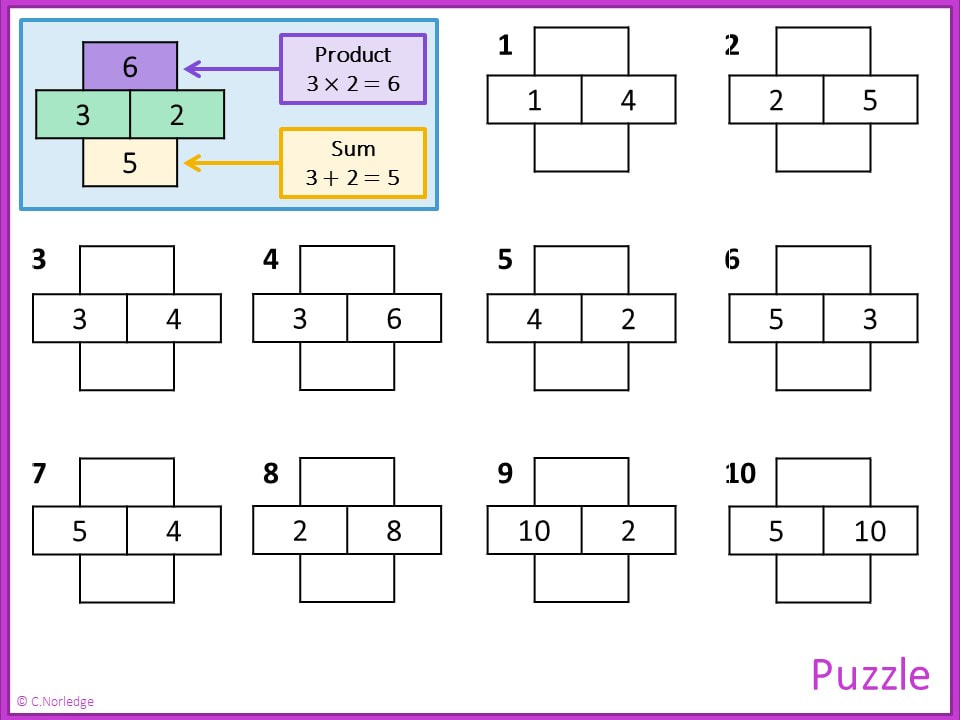


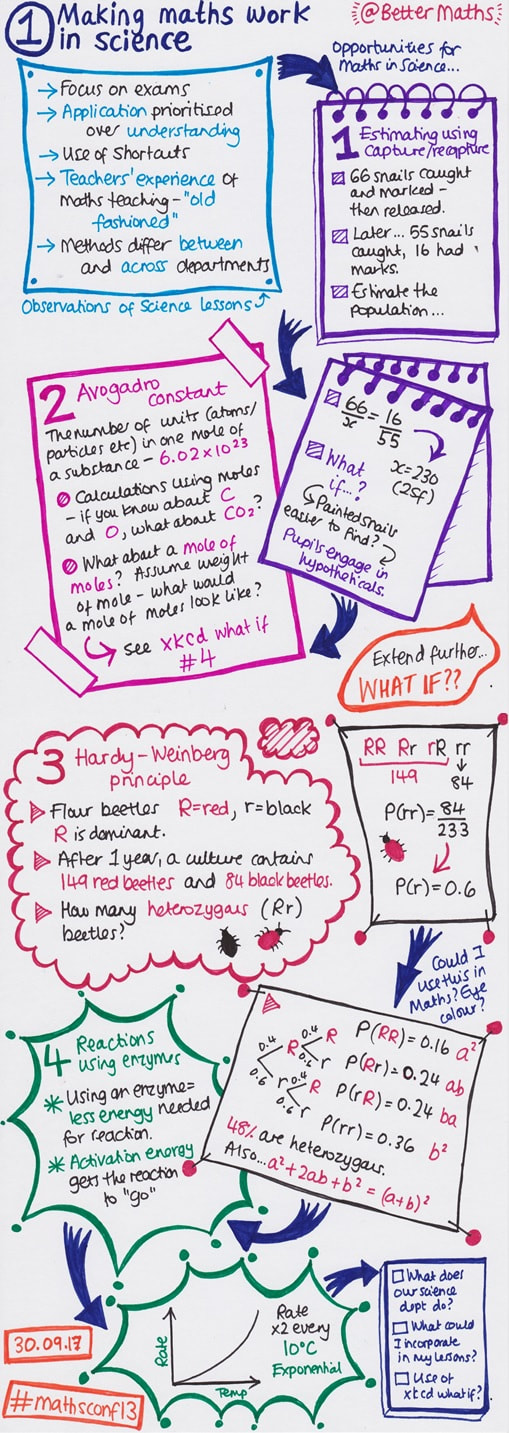
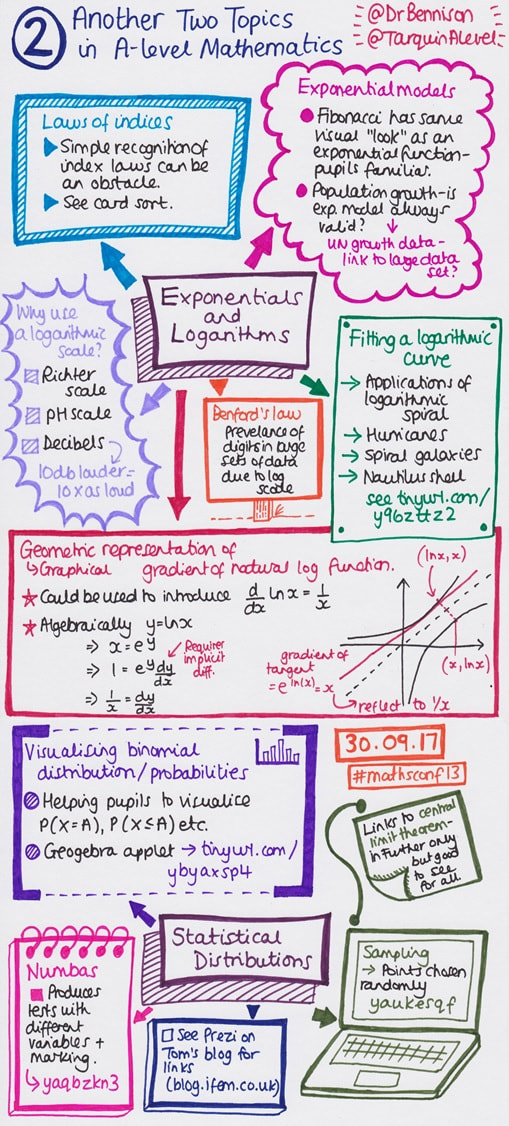
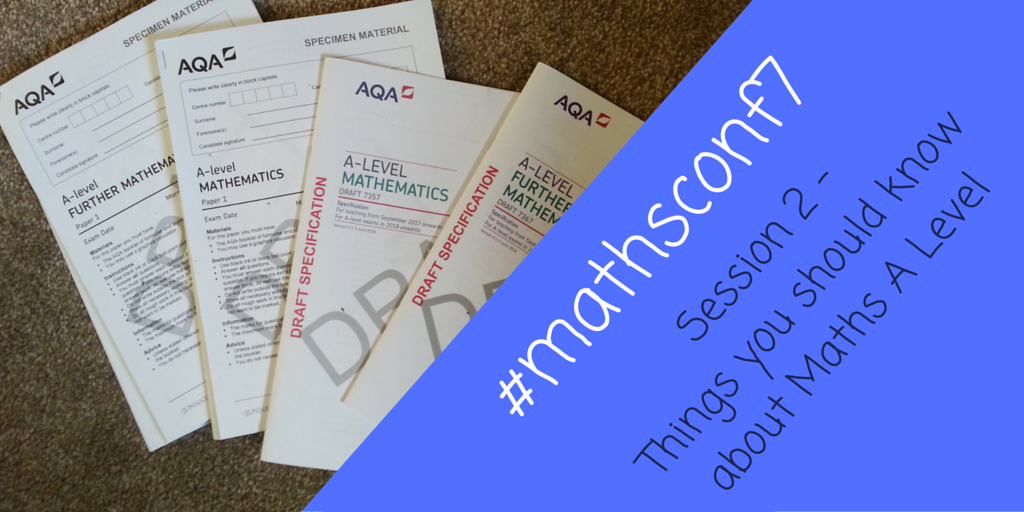
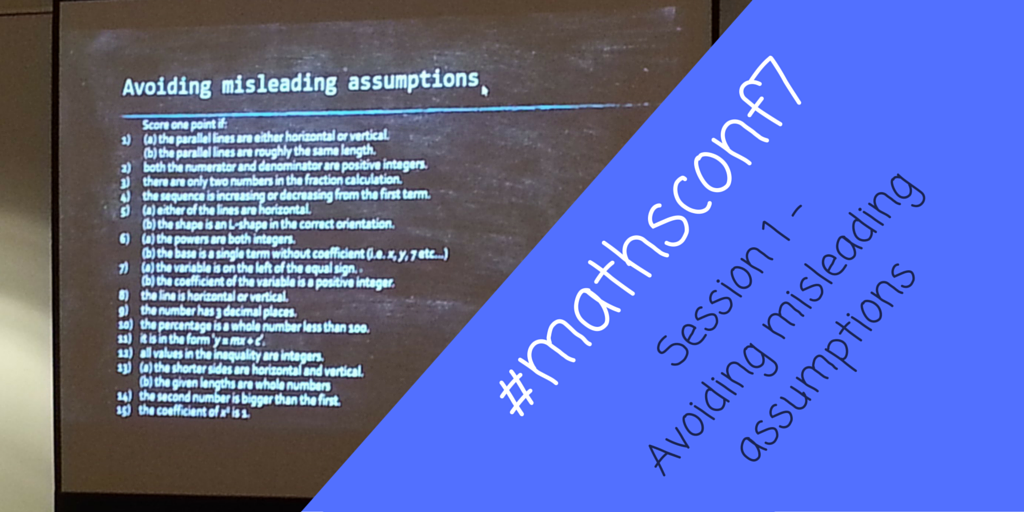
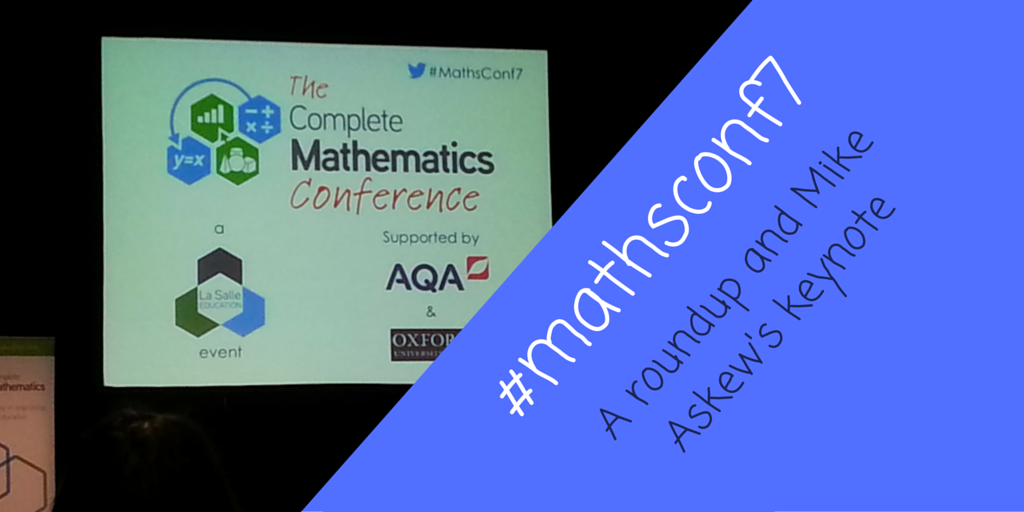

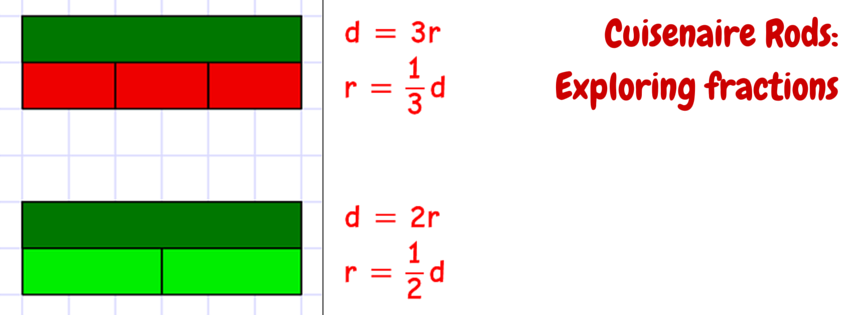


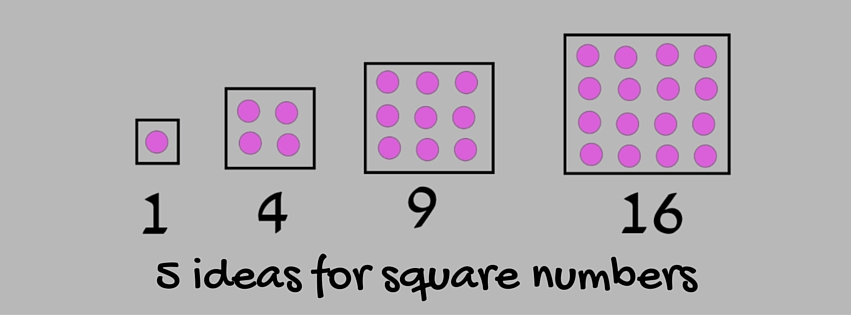

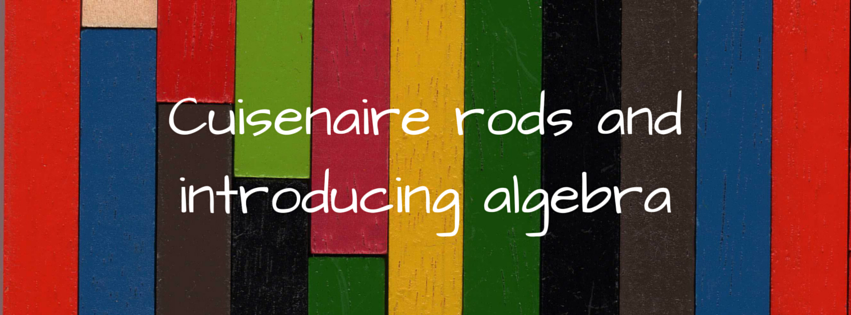
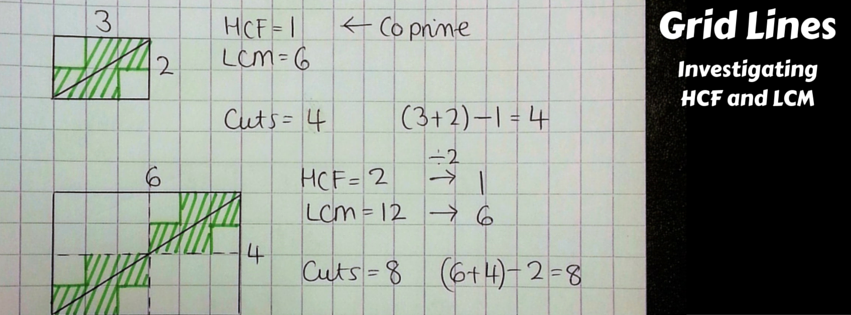
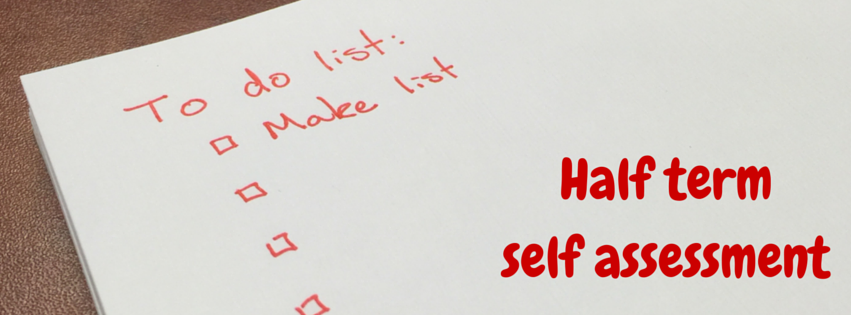

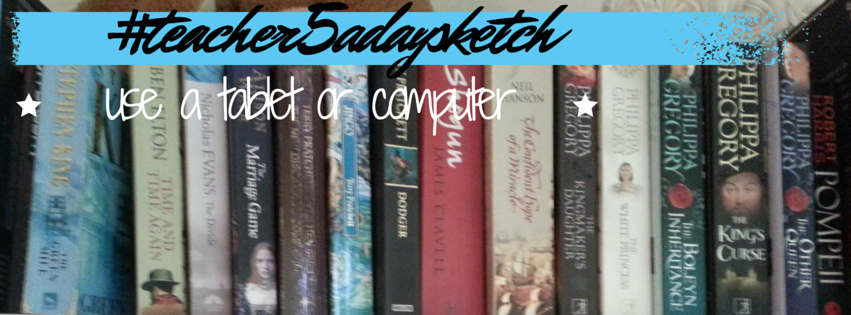
 RSS Feed
RSS Feed
